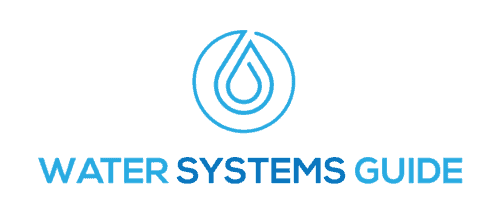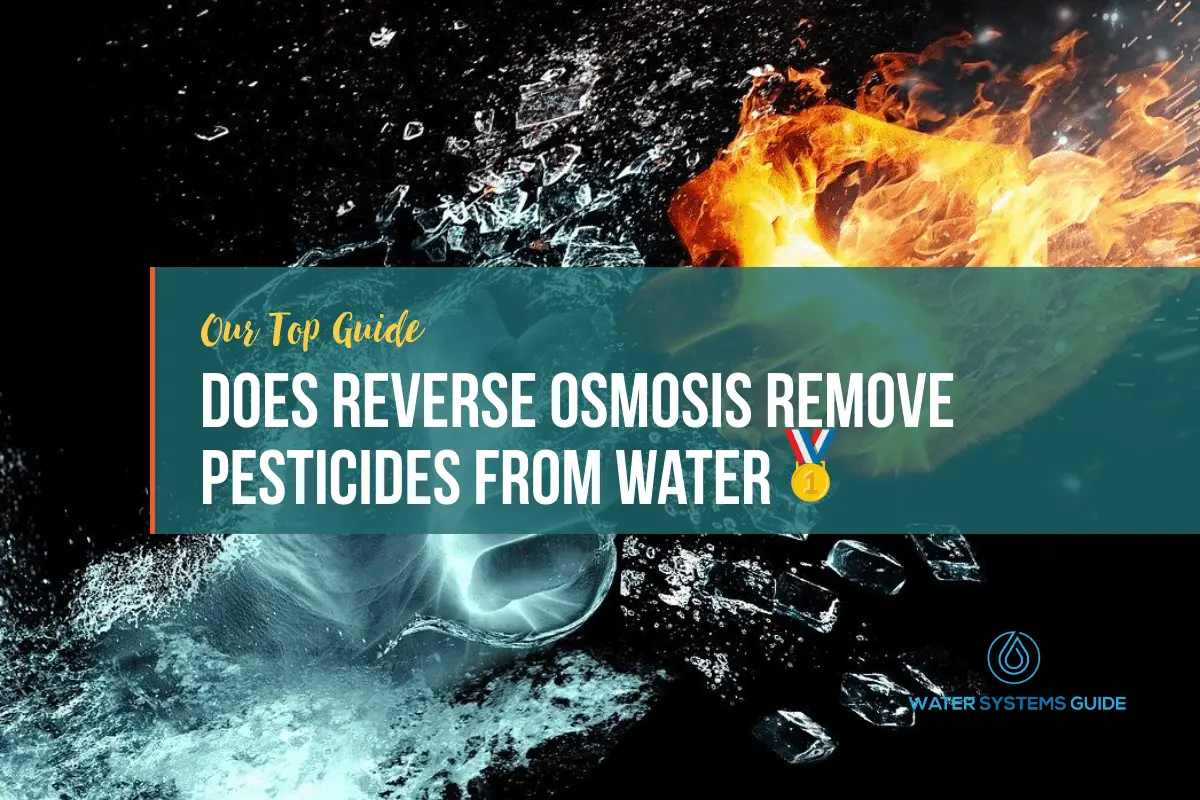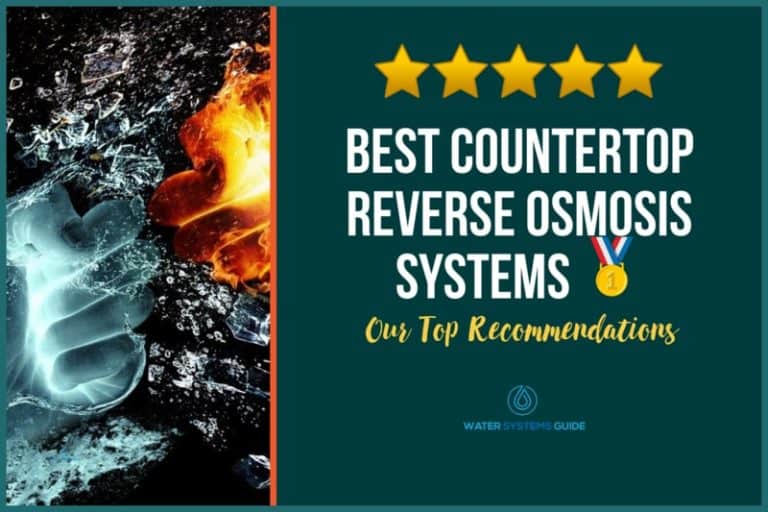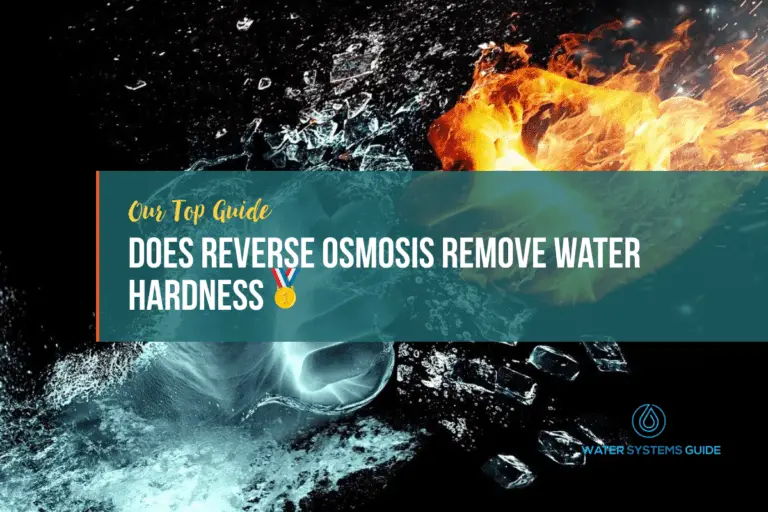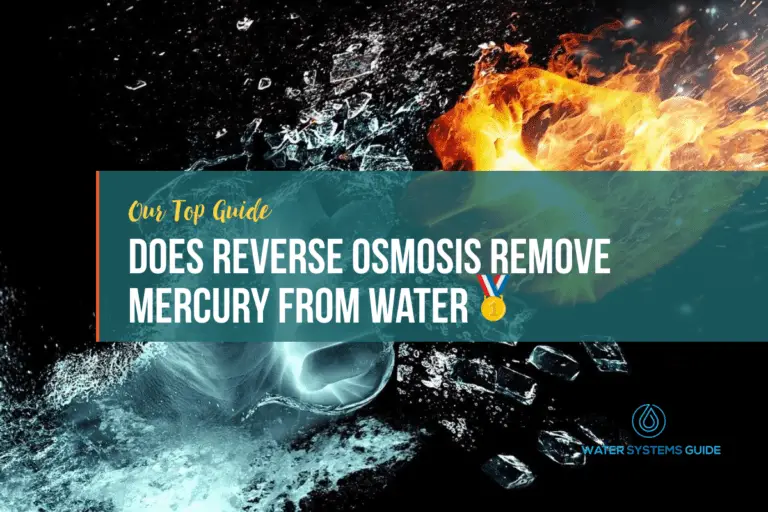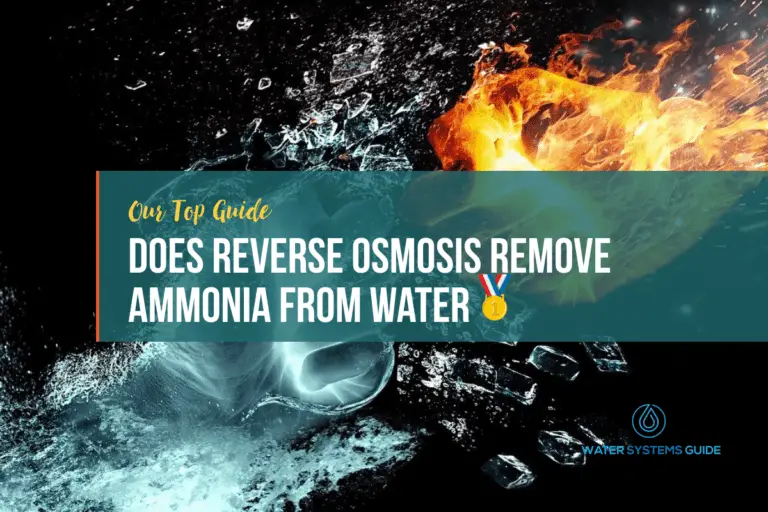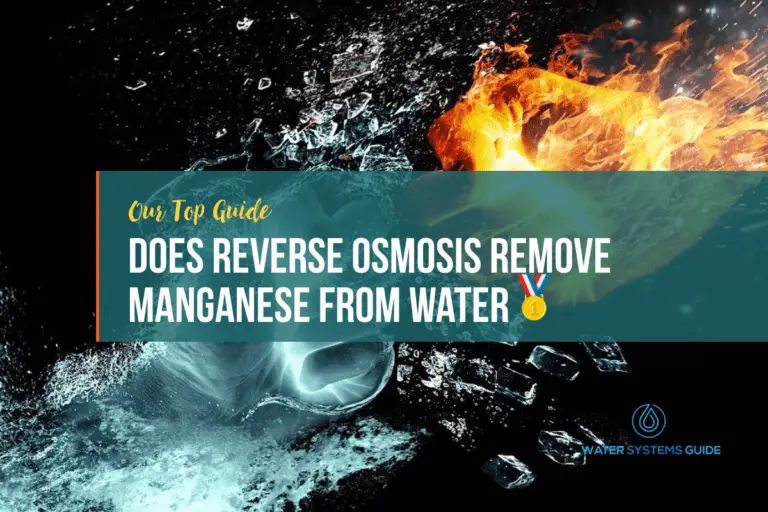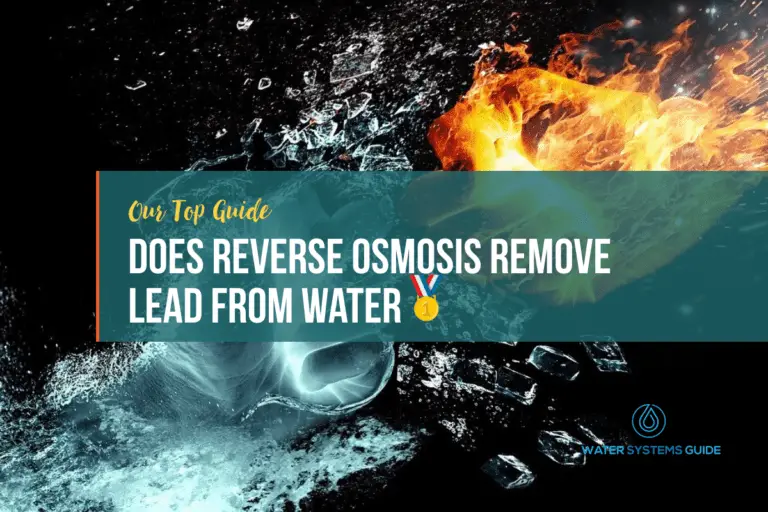Does Reverse Osmosis Remove Pesticides From Drinking Water
How Does Reverse Osmosis Work?
What are Pesticides and where are they used?
Pesticides are chemicals that are used to kill insects, rodents, and other pests. They are commonly used in agriculture to protect crops from damage, but they can also be found in household products such as insecticides and weed killers. Pesticides can be harmful to humans and the environment if they are not used properly, or they are consumed by via food consumption and an unfiltered home water supply.
With that being said, how exactly does it get into the water supply?
How do pesticides get into our municipal water?
Pesticides can enter our municipal water in a variety of ways. They can be applied to crops and then runoff into nearby water sources such as rivers and lakes, or leach out of the soil into groundwater, or be emitted into the air and eventually settle into water sources.
Pesticides can also enter the water through wastewater discharge from factories or sewage treatment plants.
Once in the water supply, they can be difficult to remove and may pose a risk to human health.
The Impact Of Pesticides on Human Health
Pesticides are designed to kill or harm pests, but unfortunately, they can also have negative effects on human health. Studies have shown that exposure to pesticides can cause a variety of health problems, including cancer, reproductive and developmental problems, endocrine disruption, and neurological problems. In some cases, exposure to pesticides can even be fatal.
While the health effects of pesticides vary depending on the specific pesticide and the amount of exposure, it is clear that they can pose a serious threat to human health. It is important to take steps to reduce your exposure to pesticides, such as choosing organic produce to consume, and filtering your home’s water.
Hence, we understand why you’re researching ways to remove it from your water supply, which you consume/drink.
Does Reverse Osmosis Remove Pesticides?
Firstly, there are many different types of pesticides that exist, including insecticides (for killing insects) herbicides (for killing weeds), and fungicides (for killing fungi).
Reverse osmosis is a popular filtration process that is used to remove contaminants from water. It can remove some pesticides from water, but it is not 100% proficient in removing all of the substances. For instance, a typical household RO system can remove the following types of pesticides effectively:
- Endrin
- Heptachlor
- Lindane
- Pentachlorophenol.
However, this means that it cannot remove these pesticides:
- 1,2,4-trichlorobenzene,
- 2,4-D
- Atrazine
There are also other methods to remove pesticides from your water, which we’ll talk about further in this article.
What Else Does Reverse Osmosis Remove?
How Else Can I Remove Pesticides from My Water Supply?
There are a few other methods that can be used to remove pesticides from your water supply, but they may not be as effective as a RO unit. For example, you can try using a generic water filter system, which will trap some of the pesticides in the filter material. However, it’s useful to contact the manufacturer to enquire about whether a specific system can remove pesticides.
Another way is to use a granulated activated carbon (GAC) filter.
Finally, you can try adding activated charcoal to your water, which will absorb some of the pesticides, but this isn’t an effective long-term solution.
Conclusion
In conclusion, does reverse osmosis remove pesticides? Some of them, but not all (as we’ve discussed further above in this article).
It’s advisable to review each RO system, and contact the manufacturer to see how effective their specific range of units are at reducing pesticide levels.
